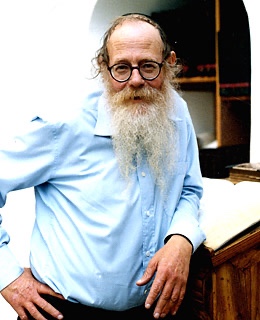A person can work toward self-improvement and atonement, but if he does not get to the heart of the problem, he will think that it is sufficient to rectify only a specific point, while the essential problem still exists.
In such a case, the benefit of repentance would be merely temporary and local.
A similar problem exists among those who undergo cancer operations.
It is often simple for a surgeon to remove the cancerous growth itself, but it is far more complicated to determine whether that particular growth is a metastasis of another growth that still remains in the person’s body.
If any growths remain, the treatment will not succeed.
It can be a great accomplishment for a person to admit, “I have sinned this time.”
But there is a higher level, where a person’s soul-searching moves him to such a degree that he declares, “God is righteous, and I and my people are wicked.”
His remorse reaches back three hundred years, because he understands that his sin does not begin from the present moment, from the present phenomenon – he had to return to the root of the matter.
Rabbi Adin Steinsaltz

